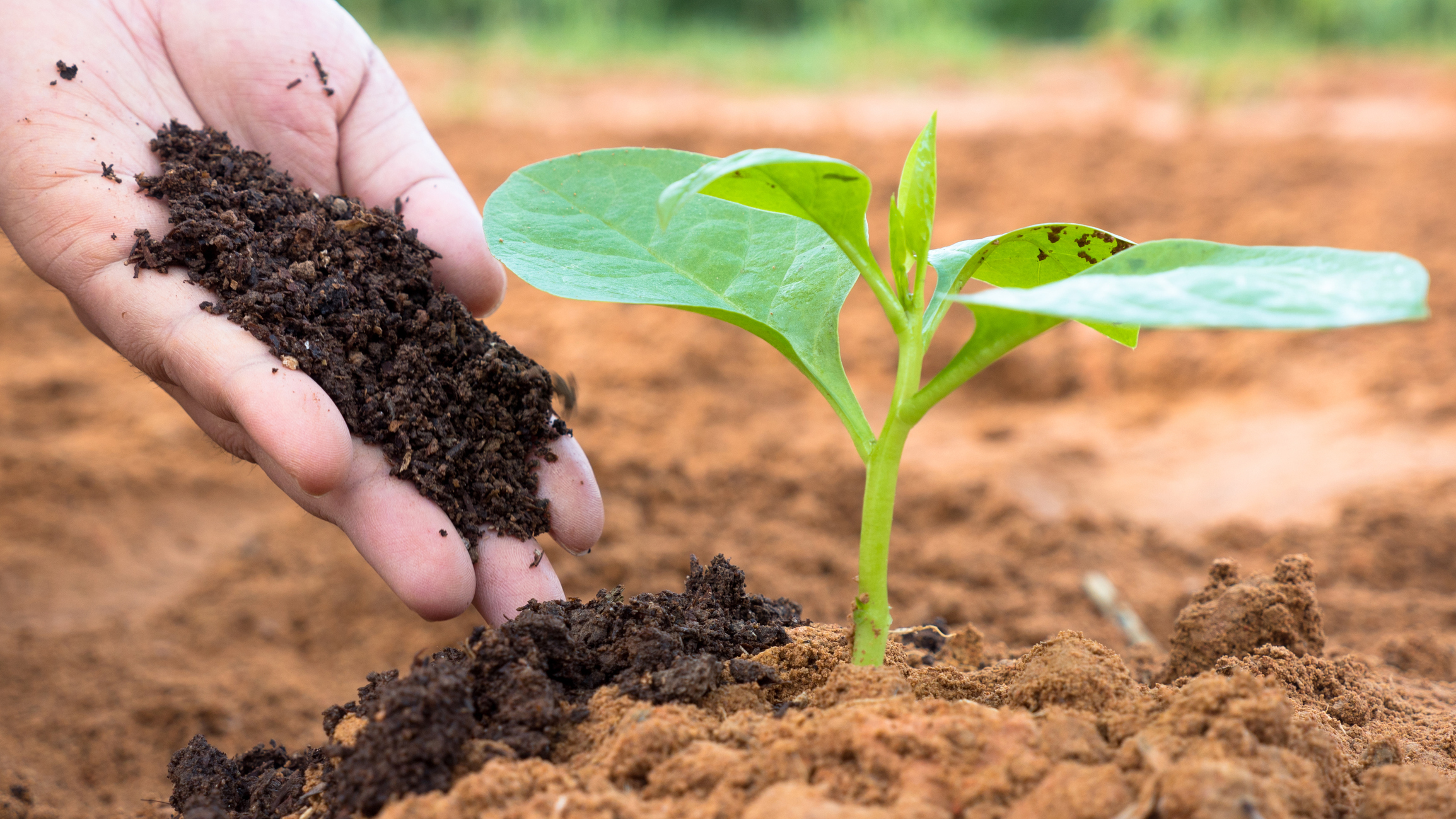We at JLPL have taken a significant stride towards sustainability by integrating vermicomposting into our landscaping initiatives. Committed to eco friendly practices, we at JLPL have established our own vermicomposting units, in sectors 82 and 93 of Mohali, turning organic waste generated within these facilities into valuable compost. By embracing this green initiative, we not only contribute to waste reduction but also harness nutrient rich vermicompost to enhance soil quality in our landscaping initiatives.
This forward thinking approach showcases JLPL’s dedication to environmental responsibility, setting an inspiring example for sustainable practices within the real estate industry. Come let us dive into vermicomposting in and see what it exactly is in detail.
What is Vermicomposting?
Vermicomposting, often dubbed as nature’s recycling, is a fascinating process that transforms organic waste into nutrient rich compost with the help of earthworms. This eco-friendly method not only reduces landfill waste but also produces a valuable fertilizer for plants. Let’s delve into the steps of making vermicompost and unlock the secrets of this sustainable gardening practice.
Why Vermicomposting is better?
Vermicompost is produced by worms breaking down organic matter which enriches the soil with nutrients, improves the soil structure and enhances water retention benefiting plant growth more than traditional compost.
Ingredients
- Organic Waste – Gather kitchen scraps like fruit and vegetable peels, coffee grounds, eggshells, and non-citrus food scraps. Avoid adding meat, dairy, or oily items.
- Bedding Material – Provide a comfortable habitat for the earthworms using materials like shredded newspaper, cardboard, or coconut coir. Ensure the bedding is moist but not waterlogged.
- Earthworms – Red wigglers are the preferred species for vermicomposting. They thrive in organic matter and are efficient composters.
The Process
- Create the Bin – Choose a suitable container for your vermicompost bin. Drill holes for aeration and drainage to maintain the right moisture level.
- Layer the Bedding – Place a layer of bedding material at the bottom of the bin, creating a cozy home for the worms.
- Add Organic Waste – Introduce kitchen scraps onto the bedding, but avoid overfeeding. The worms will consume their weight in food each day.
- Introduce Earthworms – Place the earthworms on top of the organic waste. They will burrow into the bedding, helping decompose the waste.
- Maintain Moisture – Keep the bedding moist, similar to a wrung-out sponge. This ensures a suitable environment for the worms.
- Turn the Bin – Periodically mix the compost to accelerate the decomposition process and prevent any unpleasant odors.
- Harvest the Vermicompost – Once the bedding is transformed into dark, crumbly vermicompost, it’s ready to harvest. Move the compost to one side of the bin, and add fresh bedding and food on the other side. The worms will migrate, allowing you to collect the finished compost.
Benefits of Vermicomposting
- Nutrient Rich Compost – Vermicompost is a powerhouse of nutrients essential for plant growth, including nitrogen, phosphorus, and potassium.
- Microbial Activity – The digestive process of earthworms enhances microbial activity in the compost, promoting a healthy soil ecosystem.
- Reduced Waste – Vermicomposting significantly reduces the amount of kitchen waste destined for landfills, contributing to a more sustainable waste management system.
Conclusion
Embarking on the vermicomposting journey is not only environmentally responsible but also rewarding. By harnessing the power of earthworms, we can turn our kitchen scraps into “black gold” a nutrient rich compost that nourishes our plants and supports a healthier planet. JLPL’s foray into vermicomposting exemplifies a commitment to sustainability that goes beyond the realm of real estate development. By embracing the cycle of organic waste transformation into nutrient rich compost, we not only minimize our ecological footprint but also set a noteworthy precedent for responsible practices within the industry. This endeavor aligns with a vision of harmonizing urban development with environmental sustainability, showcasing how businesses can actively contribute to a greener, healthier future.
Read more contributions made by JLPL Group towards environment
Our integration of vermicomposting not only benefits our landscaping initiatives but also stands as a testament to the positive impact that conscious choices can have on the broader community and the planet at large.

